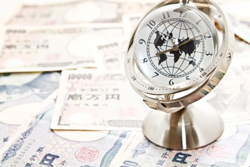
Japan has struggled with chronic deflation since its financial and real estate bubble burst 20 years ago, triggering a severe financial crisis in 1997-1998. Since then, the Japanese economy has in fact grown in real terms, albeit sluggishly, as a result of extraordinary fiscal and monetary stimuli implemented in response to this crisis. Nonetheless, most Japanese now feel less well-off (unless they travel abroad to take advantage of the strong Yen) and Japanese industrial pre-eminence, especially in electronics, is being challenged by Korean competition. Against this backdrop, the LDP won the general election last December in a landslide, ushering into the limelight again Shinzo Abe (Prime Minister in 2006-7), who has since embarked on a new economic initiative, nicknamed “Abenomics, ” which has pushed equity markets up by more than 30%. In this seminar the speakers address the question: ‘What is “Abenomics”, and can it achieve its goal of lifting Japan out of deflation?’ They also consider what its side-effects might be domestically, and what the implications could be for other advanced economies, especially the UK and Eurozone, which are experiencing their own prolonged period of economic troubles.
Contributors: Yosuke Kawakami, Andrew Smithers, Edward Carr (Chair)
Free but booking is essential at www.dajf.org.uk/bookin |



